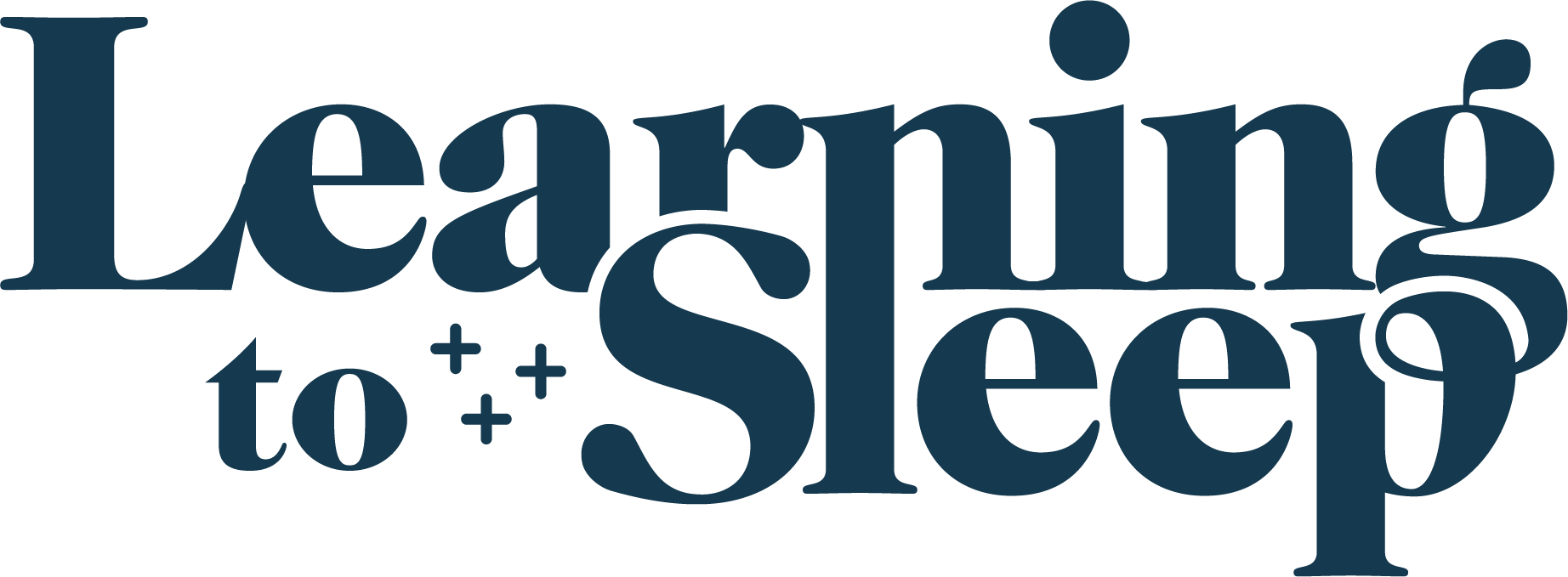Bifogade filer
Prenumeration
Beskrivning
| Land | Sverige |
|---|---|
| Sektor | Hälsovård |
| Industri | Vård & Omsorg |
Intresserad av bolagets nyckeltal?
Analysera bolaget i Börsdata!
Vem äger bolaget?
All ägardata du vill ha finns i Holdings!
Learning to Sleep’s sleep treatment shows a promising result, where over 90 percent of the participants show sleep improvement.
In the first interim report - with about 30% of the participants included - from the ongoing research study conducted by Karolinska Institutet, Learning to Sleep’s sleep treatment shows a promising result, where over 90 percent of the participants show sleep improvement.
In the beginning of 2022, Karolinska Institutet initiated a randomized study of Learning to Sleep's digital sleep treatment program. The first interim report shows a result of improvement that exceeds existing data from other programs on the market. The large difference in effect between LtS's treatment and the waiting list as a comparison condition in the randomized controlled study also strengthens the evidence to be able to claim that the improvement that is achieved is a direct result of LtS's CBT treatment.
The ongoing study of the treatment program had at the time of the interim report included 20 participants with completed post-measurement, whereas 11 belonged to the treatment group and 9 on the waiting list. Of the people who underwent the treatment, as many as 10 out of 11 (90,9%) had reduced their sleeping disorder to the extent that they were judged to be clinically improved. This is according to the accepted definition where participants are defined as improved when the score on the Insomnia Severity Index (ISI) scale has decreased by at least about 40%, or by 8 scale points.
These statistics can be compared with those from a report compiled by the Swedish Internet Processing Register (SibeR) which contains the proportion of improved participants from the online mediated CBT-I programs at the county councils in Stockholm, Uppsala and Gothenburg. Their report found that 22-59% of those who underwent their treatment improved, judged by the same criteria.
“It is important to carry out this type of study, partly to be able to ensure what the treatment actually gives in terms of effect, but also because the CBT-I delivered remote is relatively unexplored. The interesting thing about Learning to Sleep's method, compared to previous online mediated CBT treatments for insomnia is that, in addition to being delivered via mobile which makes it extremely accessible, it is also a more interactive way of communicating the CBT principles, compared to previous, more text based formats. For me as a scientist, I believe that these two characteristics – the fact that it is both more accessible (mobile) and easier to use for a wider number of patients who suffer from sleep disorders, makes the treatment more effective for a larger proportion of the population with sleep disorders ", says Rikard Sunnhed, scientist at Karolinska Institutet.
“We are extremely proud of these preliminary results and it is important for us to also have more evidence when we say that our treatment has an effect. Now, of course, we hope that the complete study will be published in the autumn and that it will also give more people the opportunity to do something about their sleep problems,” says Micael Gustafsson, CEO of Learning 2 Sleep AB (publ).

